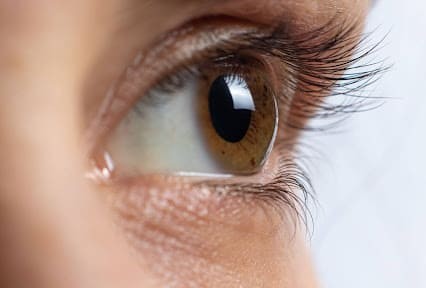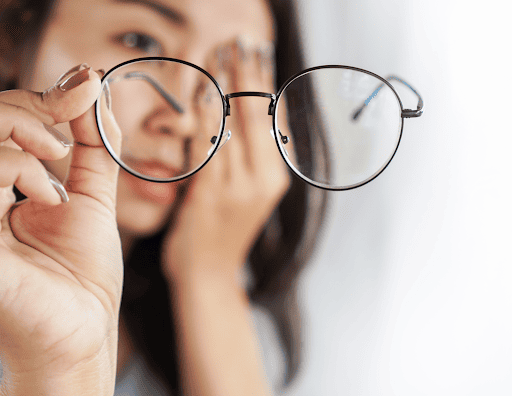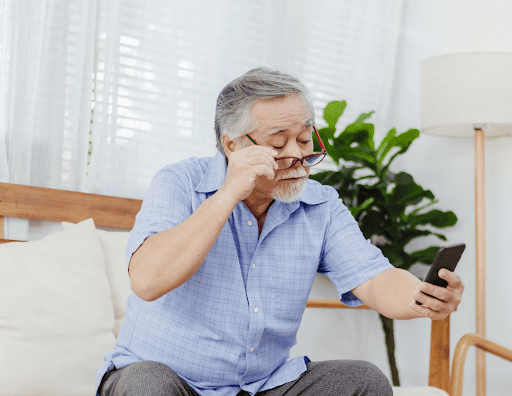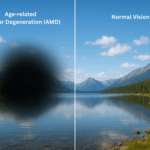General Age Guidelines

- Minimum age: 21 years old
- Stability of prescription: Doctors want a stable refraction (no major changes in glasses power).
- No other corneal anomalies, like past history of cornea scar or injury or signs of corneal diseases
- Upper age limit: There isn’t a strict cutoff, but past 40–45 years, presbyopia (age-related near blur) and early lens changes start influencing treatment choice.
Treatment Options by Age Group

21-40 years
The cornea is generally still healthy, healing capacity is good.
If the prescription is stable:
- TransPRK, FemtoLASIK, SMILE Pro: preferred for low-to-moderate myopia and astigmatism.
- ICL considered if: very high myopia, thin cornea, or unsuitable corneal shape.
Doctors may delay surgery if frequent prescription changes are noted.

40-50 years (Onset of Presbyopia)
The natural lens stiffens, need for reading glasses.
Laser options (SMILE pro, FemtoLASIK, TransPRK) still possible, but patients must be counseled about:
- Reading glasses after surgery
- Or monovision (one eye corrected for distance, one for near)
- Another option, PRESBYOND, this treatment uses special technology to extend the range of eye natural focus range (Depth of focus) to allow reading at normal reading distance
- ICL: still possible, especially for high myopia.
Presbyopic IPCL: suitable for presbyopia patients.
Some patients may start showing early cataract signs, refractive lens exchange (RLE) might be discussed instead.

Above 50 years
Higher likelihood of cataracts developing.
Doctors may recommend lens-based surgery (RLE or cataract surgery with premium lens implants) instead of corneal laser procedures.
ICL is less favored after 50, since cataract surgery may be needed soon anyway.
Most patients in this age range benefit more from lens replacement than laser on the cornea.
See a refractive surgeon and get a detailed evaluation to see what can realistically be achieved. The refractive surgeons available in OasisEye Specialists include:
- Dr Khaw Hoon Hoon – Kuala Lumpur
- Dr Wilson Wong Jun Jie – Kuala Lumpur
- Dr Wong Hon Seng – Kuala Lumpur
- Dr Norazah Abdul Rahman – Kuala Lumpur
- Dr Amir Samsudin – Kuala Lumpur, Shah Alam
- Dr Chan Choon Teng – Johor Bahru
- Dr Lee Wen Yee – Penang
- Dr Julian Matius Tagal – Kuching
- Dr Diymitra K Ganasan – Kuala Lumpur, Puchong
- Dr Wanni Goh – Kuala Lumpur, Seremban
- Dr Chan Chin Sern – Setia Indah, Johor Bahru
- Dr Rawindar Singh Ranu A/L Harchand Singh – Puchong
FAQs
Lorem ipsum dolor sit amet, consectetur adipiscing elit. Ut elit tellus, luctus nec ullamcorper mattis, pulvinar dapibus leo.
Lorem ipsum dolor sit amet, consectetur adipiscing elit. Ut elit tellus, luctus nec ullamcorper mattis, pulvinar dapibus leo.






